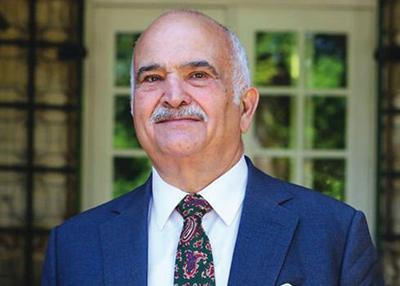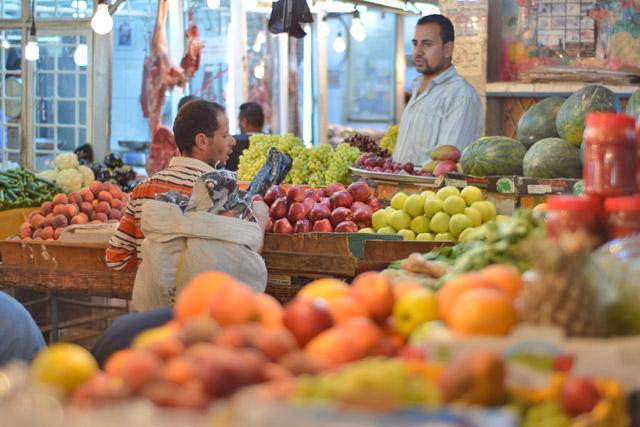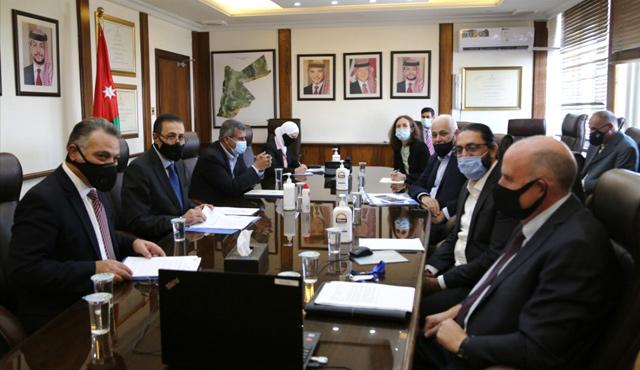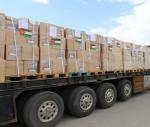You are here
Jordan launches national plan to achieve zero hunger by 2030
By JT - Dec 10,2017 - Last updated at Dec 10,2017
AMMAN — HRH Prince Hassan, president of the Higher Council for Science and Technology (HCST), on Sunday launched a national initiative to improve food security and nutrition across the Kingdom, a vital step towards Jordan’s resilience, development and security.
The initiative consists of a Zero Hunger Strategic Review process that will assess the main food security and nutrition challenges Jordan is facing and provide the basis for Jordan’s national food security, nutrition and sustainable agriculture plans until 2030.
The Strategic Review is expected to be finalised by July 2018, facilitated with support from the UN World Food Programme (WFP), a statement from the Prince’s office said.
The Prince has convened a high-level research team composed of Jordanian experts with wide global recognition in their respective fields to conduct the Strategic Review and has appointed the HCST and the National Centre for Research and Development as the lead convener to support the process in collaboration with WFP, according to the statement.
At the launching session, which was attended by members from eight ministries, the Chambers of Trade and Industry and members of the UN, the Prince said: “The turmoil that has unfolded in our region over the last decade has proven that food insecurity can contribute to conflict when coupled with poverty, unemployment and economic hardship. There is no better time to take concrete steps to improve access to food and nutrition for every person in the Kingdom; this is a direct investment in our national security, our prosperity and our health as a nation.”
Prince Hassan focused on inter-regional cooperation and the protection of the human environment, reinforcing the issue of human dignity as central to all development efforts. He called for regional cooperation and multilateral engagement in resilience building in order for the region to accelerate its progress towards the Sustainable Development Goals (SDGs) through social cohesion.
He highlighted food, water and energy security as central to the promotion of regional prosperity and peace, the statement read.
Jordan has made significant progress in the reduction of food insecurity and malnutrition and is among the lowest ranking countries globally on the Global Hunger Index with undernourishment rate of 4.2 per cent.
However, eliminating food insecurity entirely and building Jordan’s resilience for the future still requires a comprehensive plan that addresses regional dynamics, the interaction between food insecurity and poverty, agricultural production and access to water, climate change and resource conservation as well as economic development, according to the statement.
The research team will bring extensive expertise in all of these areas, which will allow for cross-cutting analysis on the root causes of food insecurity in the Jordanian context.
To ensure comprehensive representation and to validate research findings, the Strategic Review will also engage a wide range of national stakeholders including government institutions, academia, the private sector, civil society organisations, affected communities as well as the UN.
The review will look at the wider Jordanian context to ensure that moving forward, all national and international efforts are geared towards supporting Jordan’s priorities and progress on the SDG 2 “Zero Hunger” and linked with poverty reduction and resilience efforts, the statement concluded.
Related Articles
AMMAN — World Food Programme (WFP) Executive Director David Beasley on Wednesday presented HRH Prince Hassan with a letter of appreciation c
AMMAN — The prevalence of undernourishment (PoU) in Jordan rose sharply following the start of the Syrian crisis, a recent report by the Foo
AMMAN — One million vulnerable Jordanians and refugees will benefit from the United Nations World Food Programme’s (WFP) activities in Jorda

















